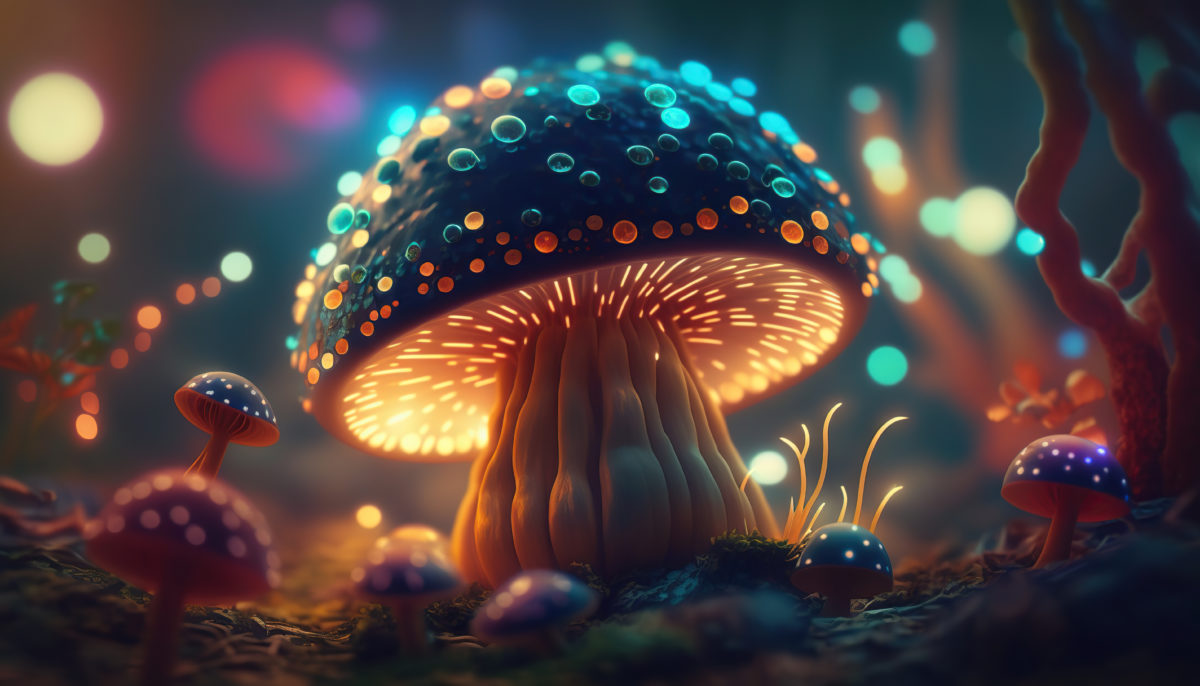This story was updated at 1:25 on Oct. 15.
On Oct. 7, California Gov. Gavin Newsom vetoed a bill that would have begun decriminalizing both possession and personal use of several hallucinogens – namely psychedelic mushrooms.
Legislation vetoed Saturday would have allowed those 21 and older to possess psilocybin, the hallucinogenic component in what’s known as psychedelic mushrooms. It also would have covered dimethyltryptamine (DMT) and mescaline.
The bill would not have legalized the sale of the substances and would have barred any possession of the substances on school grounds. Instead, it would have ensured people are neither arrested nor prosecuted for possessing limited amounts of plant-based hallucinogens.
Newsom noted that the state needs to do further testing before California decriminalizes the hallucinogens.
Updates to follow.
Certain plant-based psychedelic narcotics could be decriminalized and considered natural psychedelics in California within two years.
After a failed push for legalization in 2021, Senate Bill 58, which would decriminalize the possession, growth and use of plant-based psychedelics for people over the age of 21, is headed for Gov. Gavin Newsom’s desk after the state legislature voted to approve the measure.
The bill would remove criminal penalties for those aged 21 years and older for the personal possession of natural psychedelics, such as psilocybin, psilocin, dimethyltryptamine, and mescaline.
Oregon and Colorado are the only two other states to have legalized only psilocybin and have both had bills rejected to expand and amend their current bill similar to the proposed one for California.
The California bill names four substances: psilocybin (“magic mushrooms”), psilocin (LSD), dimethyltryptamine (DMT) and mescaline (peyote).
Senate Bill 58 would also allow Californians to plant and harvest an “allowable amount” of the legalized psychedelics: up to four grams of mescaline; one gram of DMT; and one gram of, or up to one ounce of a plant or fungi containing, either psilocybin or psilocin.
Newsom has until-mid October to approve or veto the bill. He has not said where he stands on the bill, but his history shows he has been a critic against the war on drugs. Newsom also was the leading voice in legalizing cannabis in California.
Last year, however, he vetoed a bill that would have allowed three California cities to operate supervised drug-consumption sites in efforts to combat fatal overdoses. Fentanyl was the drug most responsible for the recent spike of deaths between 2019 and 2021. According to the California Health Department, the state had seen a 121% spike in opioid-related deaths. Of the 7,175 deaths, 5,961 of them were fentanyl overdose caused.
There is a difference between legalization and decriminalization. Legalization means that a once-banned drug is made legal, under federal or state law. Decriminalization means that a once-banned drug is still prohibited by law, but the legal system will no longer prosecute or criminalize a person for carrying under a certain amount.
California has been a state to push the envelope and pioneer in seeking alternative healing and medicinal treatments. Advocates argue decriminalizing certain psychedelics under federal and state regulation would be a step in that direction.
According to Dr. Rosalind Watts, Ph.D., Founder of ACER Integration, clinical psychologist, and former clinical lead for Imperial College psilocybin trial, psychedelics have retained a negative stigma and can be beneficial to human health.
“Although many of us think of psychedelics as dangerous drugs, it’s time for a rethink. They are non-toxic, non-addictive, have very few side effects, and could potentially offer relief for people suffering from a range of psychological difficulties,” Watts said.
However, not everyone is in support of legalizing natural psychedelics.
If approved, Senate Bill 58 will not be in effect until January 2025.
Of 20 students on campus asked about the possibility of the decriminalization of psychedelics, all 20 voted yes on passing Bill 58.
Gabriel Cameron, a 22 year-old English major, said he thinks California will join Colorado and Oregon as the only states to decriminalize natural psychedelics. “It’s the California thing to do!” Cameron said.
Given the state legalized the sale, possession and growth of cannabis, Cameron hopes the trend will continue.
The decision now solely rests in the hands of Newsom.



